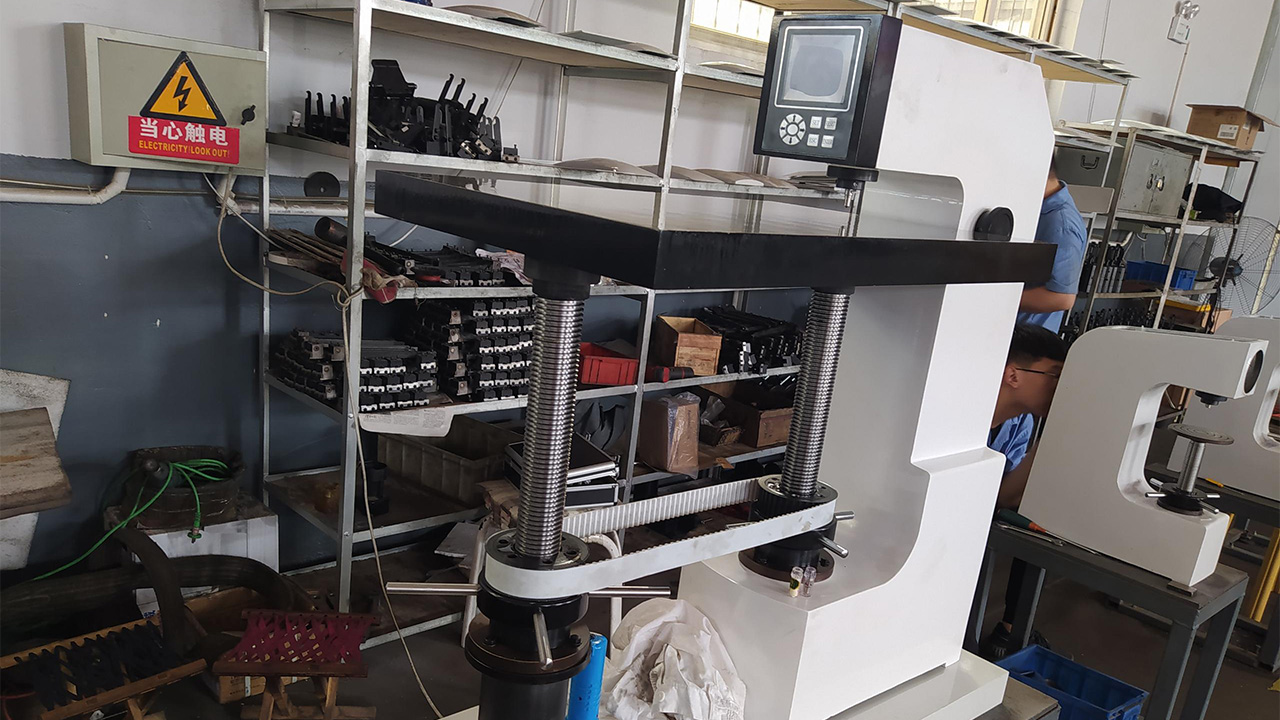Inhoudsopgave
Understanding the Hardness Test Limit for IP Wholesalers
When it comes to purchasing industrial products, IP wholesalers play a crucial role in providing businesses with the necessary equipment and materials. One important aspect of these products is their hardness, which can have a significant impact on their performance and durability. Understanding the hardness test limit for IP wholesalers is essential for ensuring that the products meet the required standards and specifications.
Hardness is a measure of a material’s resistance to deformation, particularly when subjected to external forces such as compression or indentation. It is an important property for many industrial products, as it can determine their ability to withstand wear and tear, as well as their overall strength and durability. To ensure that products meet the necessary hardness requirements, IP wholesalers often conduct hardness tests to assess the material’s properties.
The hardness test limit for IP wholesalers is typically determined by industry standards and specifications, such as those set by organizations like the International Organization for Standardization (ISO) or the American Society for Testing and Materials (ASTM). These standards outline the specific testing methods and procedures that should be followed to accurately measure the hardness of a material and determine whether it meets the required limit.

One common method used to measure hardness is the Rockwell hardness test, which involves applying a specific load to a material and measuring the depth of penetration. The Rockwell scale is divided into different hardness values, ranging from A to H, with higher values indicating greater hardness. By comparing the test results to the specified hardness limit, IP wholesalers can determine whether the material meets the required standards.
Another widely used hardness test method is the Brinell hardness test, which involves applying a known load to a material using a spherical indenter and measuring the diameter of the indentation. The Brinell hardness value is calculated based on the load and the diameter of the indentation, providing a measure of the material’s resistance to deformation. IP wholesalers may use this test method to assess the hardness of materials and ensure that they meet the specified limit.
In addition to the Rockwell and Brinell hardness tests, there are several other methods that IP wholesalers may use to measure hardness, such as the Vickers hardness test or the Knoop hardness test. Each method has its own advantages and limitations, depending on the type of material being tested and the desired level of accuracy. By selecting the most appropriate test method for a given material, IP wholesalers can ensure that the hardness measurements are reliable and accurate.
In conclusion, understanding the hardness test limit for IP wholesalers is essential for ensuring that industrial products meet the required standards and specifications. By following industry standards and using appropriate test methods, wholesalers can accurately measure the hardness of materials and determine whether they meet the specified limit. This information is crucial for businesses that rely on these products for their operations, as it can help them select high-quality materials that will perform effectively and withstand the demands of their applications.

